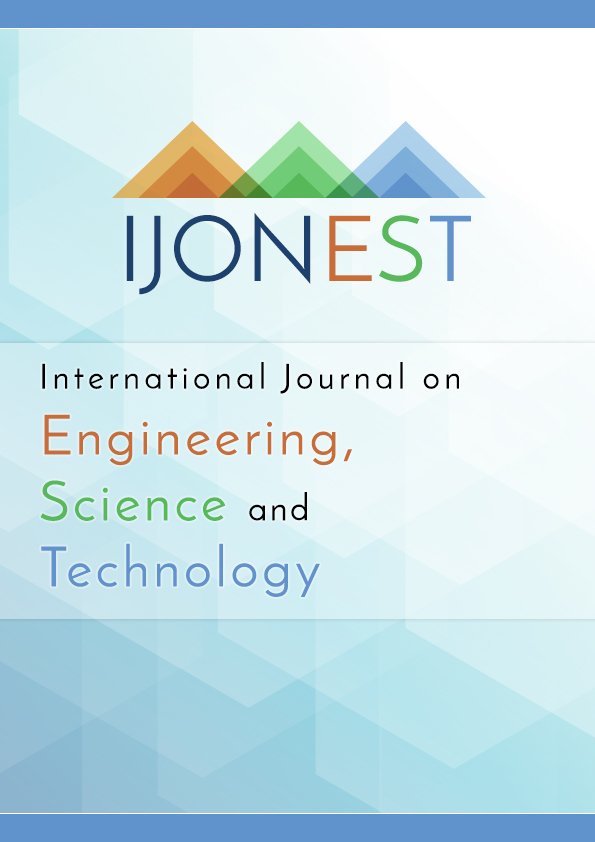Advancing Faculty Research in a “Bricolage” Environment"
DOI:
https://doi.org/10.46328/ijonest.184Keywords:
Research development, Faculty development, Qualitative research, Bolivia, BricolageAbstract
In the typical, academic career path, individuals enter faculty roles immediately after graduate school, commencing their academic careers with research skills and a fledgling research agenda. Many faculty, however, take an indirect route to research. They may work in the commercial or nonprofit sector for years before joining the academy, allowing their research skills to fade. Some individuals who never completed research training are recruited as faculty due to their years of professional experience; this is especially true in business, engineering, and health care. When institutional expectations and personal goals change, however, these individuals may suddenly face the need to conduct research. They have the motivation but lack the necessary skills and confidence. This is especially true when institutions decide to seek accreditation that requires research activity among faculty. To help Bolivian faculty achieve research success, we developed a condensed workshop on qualitative, applied research and conducted it four times, in-person and online, following the action research model. The condensed workshop proved effective in helping faculty boost their research productivity, though participants expressed a desire for more extended coaching and support. Future workshops will include increased opportunity for collaboration. The workshop can be adapted to other regions.Downloads
Published
Issue
Section
License
Articles may be used for research, teaching, and private study purposes. Authors alone are responsible for the contents of their articles. The journal owns the copyright of the articles. The publisher shall not be liable for any loss, actions, claims, proceedings, demand, or costs or damages whatsoever or howsoever caused arising directly or indirectly in connection with or arising out of the use of the research material.
The author(s) of a manuscript agree that if the manuscript is accepted for publication in the International Journal on Engineering, Science and Technology (IJonEST), the published article will be copyrighted using a Creative Commons “Attribution 4.0 International” license. This license allows others to freely copy, distribute, and display the copyrighted work, and derivative works based upon it, under certain specified conditions.
Authors are responsible for obtaining written permission to include any images or artwork for which they do not hold copyright in their articles, or to adapt any such images or artwork for inclusion in their articles. The copyright holder must be made explicitly aware that the image(s) or artwork will be made freely available online as part of the article under a Creative Commons “Attribution 4.0 International” license.

This work is licensed under a Creative Commons Attribution-NonCommercial-ShareAlike 4.0 International License.





